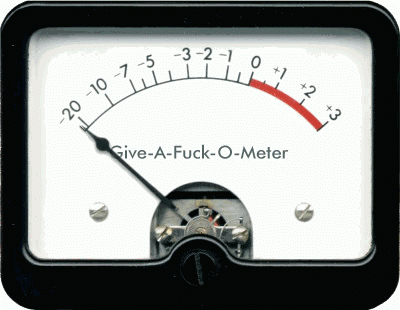“The face in the mirror, and the haphazard story we associate with it, is the ego. (But) what we think of ourselves is constantly changing, not just day to day, but moment to moment, and mood to mood. At different times, I have thought of myself as anything from an insufferable loser, to a freaking genius, to a guy who can never quite get his shit together, to a guy who’s never had a serious problem in his life. What I think I am is so fickle and so dependent on moods and circumstances, that it can’t possibly be right — ever!”
This is what is people mean when they say the self is an illusion. It is a fictional character that is constantly changing. Therefor, not a real thing in the permanent, unchanging sense of the word real.
David Cain comes closer to explaining this than anyone I’ve read.


